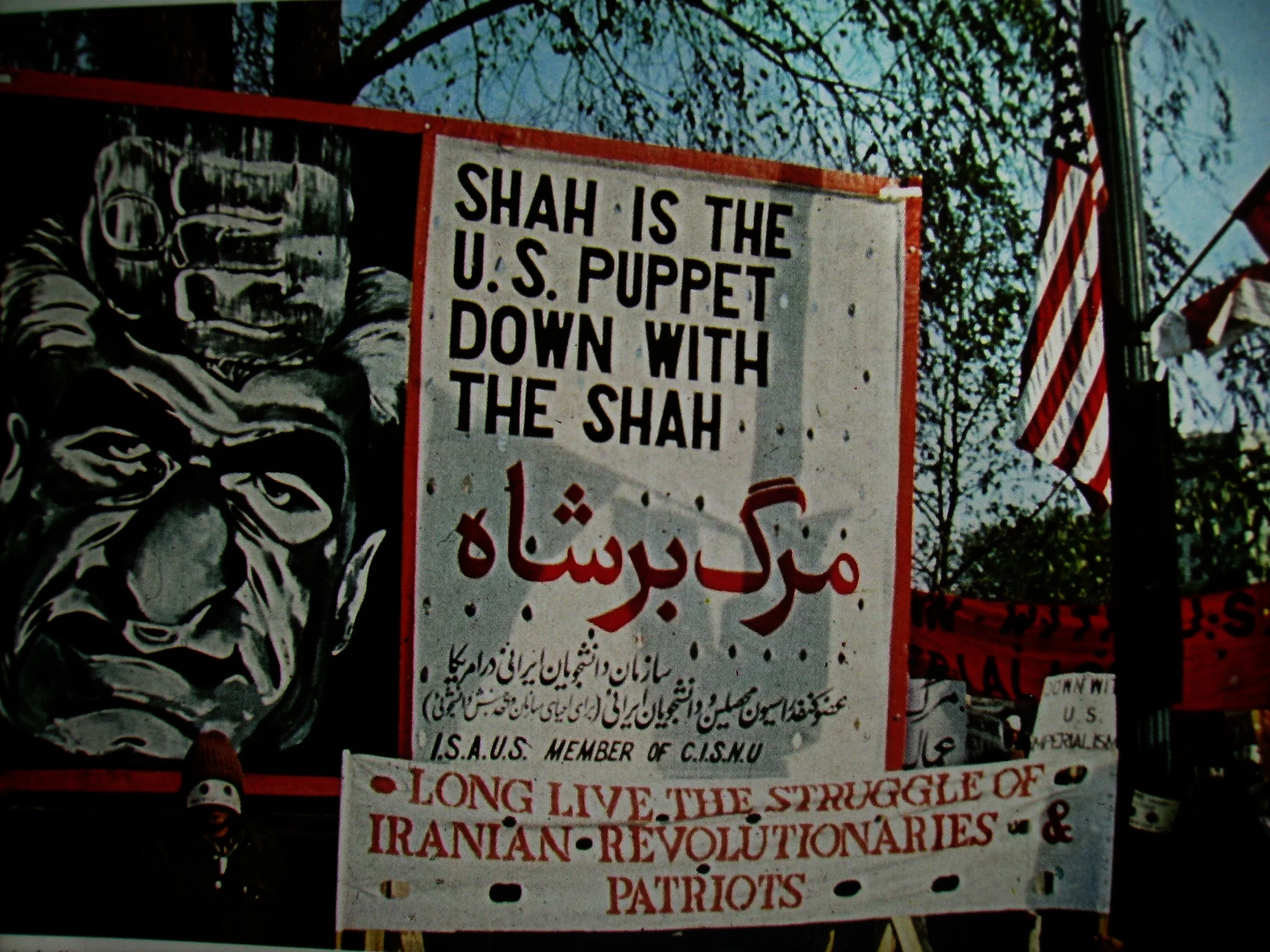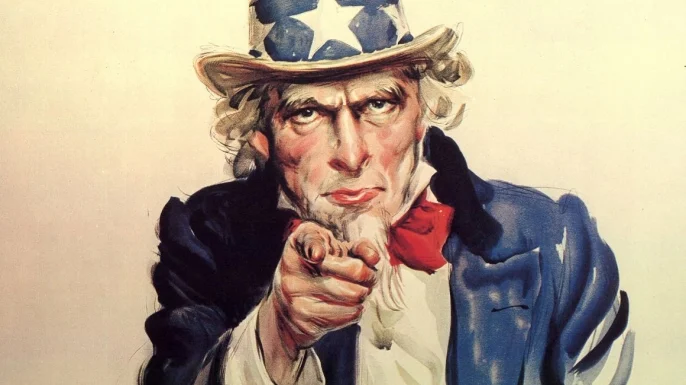Simon reviews more than four decades of American endeavors in the region from the perspective of eight presidential administrations ranging from Jimmy Carter to Joe Biden. The book’s chapters illuminate cabinet-level thinking on vexing national security issues: Iranian influence in the Levant in the 1980s, the response to the U.S. Marine Corps barracks bombing in Beirut, the Persian Gulf War, the unsolvable Israel-Palestine quandary, and the rise and fall of Saddam Hussein and the resultant chaos in Iraq and Syria.
The Imperative of Middle East Regional Order and U.S. Diplomacy
A foundational pillar of Middle Eastern regional stability centers on the relationship between Iran and the Arab-Israeli coalition. Establishing a regional security architecture centered on a balance of power is crucial to American interests in ensuring uninhibited movement of trade and energy resources. But the current American strategy of diplomatic disengagement coupled with unabated conventional arms buildup of Gulf Arab partners only serves to exacerbate regional tensions.
The Power of Broken Promises: Wilson’s Fourteen Points and U.S.-Arab Relations
Woodrow Wilson’s Fourteen Points speech is popularly understood to have improved the United States’ standing among Arab nations. His words offered hope for a better political future in the new world order. Wilson’s rhetoric, however, ultimately proved detrimental to the Arab view of the United States. By raising Arab expectations for national sovereignty Wilson’s Fourteen Points invited a moral taint on the U.S. in the eyes of Arab nationalists. This taint exacerbated the strain on U.S.-Arab relations that would follow the creation of the Israeli state.
Why Doesn’t the Middle East Have a NATO?
One critical ingredient may be required to establish a functioning collective security arrangement in the Middle East: the United States. The most important single factor to NATO’s success in the Cold War was the dedication and contributions by the U.S. in political capital, money, technology, military assets, and diplomacy. Canada, the United Kingdom, or any other member of the alliance could not replace the superpower status of America. Washington's goal of stabilizing the Middle East by creating a pro-American security alliance while significantly reducing its commitments presents a grim dilemma. It will likely prove impossible.
How Should the U.S. Disconnect Iran’s War Machine?
As the war against the self-proclaimed caliphate in Syria and Iraq appears to come to a close, the greatest risk of regional conflict comes from Iran. The intervention of Iran’s forces and proxies in Syria, Yemen, and Iraq have emerged as imminent threats to Israel and Saudi Arabia that could escalate into the next major war in the Middle East. Iran may not be deterred by unilateral interventions by Israel or Saudi Arabia, so the U.S. must play a role in averting a catastrophic conflict.
Re-Emergence: A Study of Russian Strategy in Syria, the Middle East and Its Implications
Russian strategy in Syria and the broader Middle East consists of supporting what it considers legitimate institutions through extensive foreign aid programs, including economic and security assistance, political support and, as seen in Syria, direct military intervention. However, there are caveats to this strategy that include history, policy goals, and the ability to exploit lack of foreign attention to Russian activities and capabilities.
You Know, Mr. Khomeini, You and I Aren’t So Different
The present-day Islamic Republic of Iran and the former Imperial State of Iran are organized according to completely different political arrangements. The first is a theocratic regime, based upon the ideals of the Islamic revolution with an all-powerful clerical Supreme Leader. The second, the Imperial State, was a secular, absolute monarchy. The Shah’s Iran was a stable, respected power in a vital region. The Islamic Republic is an international pariah that openly flouts global norms. Yet, the Shah’s Iran and the Islamic Republic of Iran are very similar indeed in terms of aspiration. If we look at the ends and ways to expand or maintain influence, there are more similarities than differences.
Reflections on Airpower: Offensive Strike
As the Islamic State advance was brought to a stop, coalition aircraft were free to attack the enemy from their front line positions to deep behind into the territory they held. The uncontested hold of the air provides us the ability to target and destroy the support network that keeps the self-declared caliphate fully functioning. From Mosul to Raqqa, the destruction of logistic depots, training camps, communication facilities and financial complexes, in addition to the destruction of their fighting units in direct contact with friendly forces, applies pressure on every aspect of the organization.
Reflections on Airpower
When I look at our presence in the Middle East, the word that comes to mind is “persistent.” It is this persistent presence that has led to the development of the sprawling bases you see in Jason Koxvold’s photographs. These photographs will give a unique look into the locations and lives of Airmen who are the foundation beneath the operations of Airmen like me as we conduct missions in support of America’s national interest.
No One Had a Clue: #Reviewing America’s War for the Greater Middle East
#Reviewing Imperial Crossroads
When does Putin become our Stalin?
Russia’s President, Vladimir Putin, governs over the largest landmass on earth, the world’s 2nd largest nuclear arsenal, and over 140 million people. Putin has been criticized as being cold, calculating, and autocratic. He has taken offensive measures in Crimea and Georgia, aggravating European leaders and resuscitating Cold War nostalgia and fear. Furthermore, Putin vehemently refuses to concede to rebel forces in Syria, despite President Bashar al Assad’s wartime atrocities and his illicit use of chemical weapons. While many argue these acts are evidence of Putin’s ruthlessness, they also reveal calculated and strategic foresight.
The Insanity of U.S. Foreign Policy in the Muslim World
There is a popular expression that says the definition of insanity is doing the same thing over and over, expecting a different result. There are, of course, many different types of insanity. As one watches U.S. politicians and policymakers debate and form policy with respect to events taking place in the Iraq and Syria, one can’t help but contemplate that insanity in foreign policy is defined as adopting the same deluded and counterproductive policies around the world, decade after decade, expecting different results.














